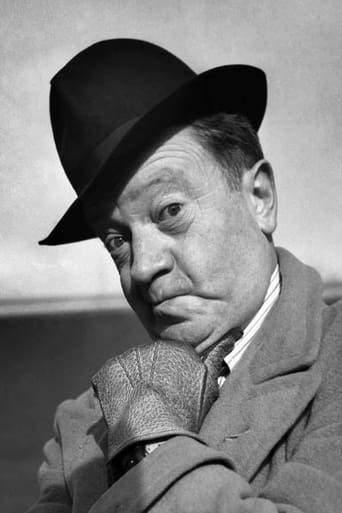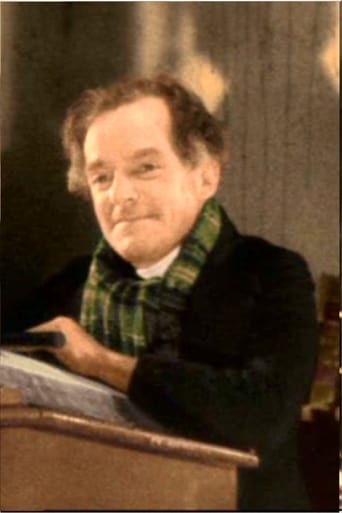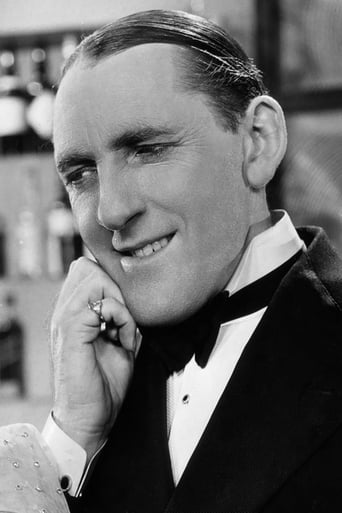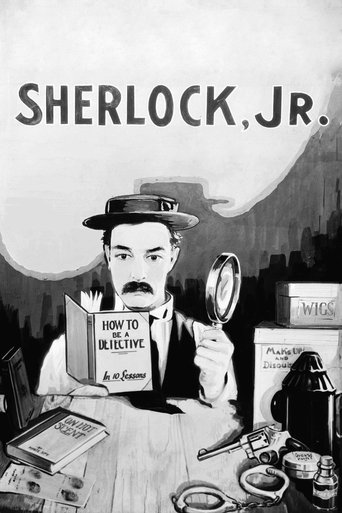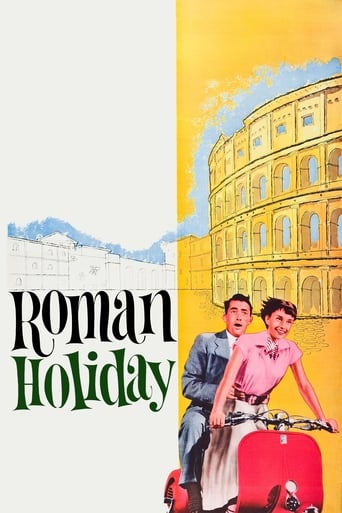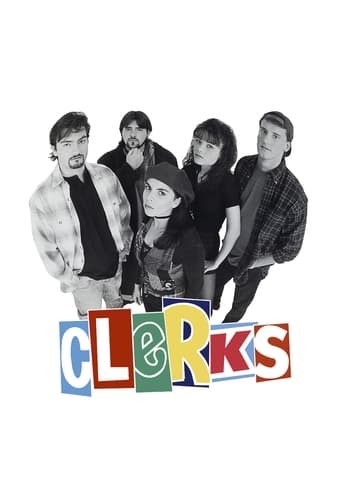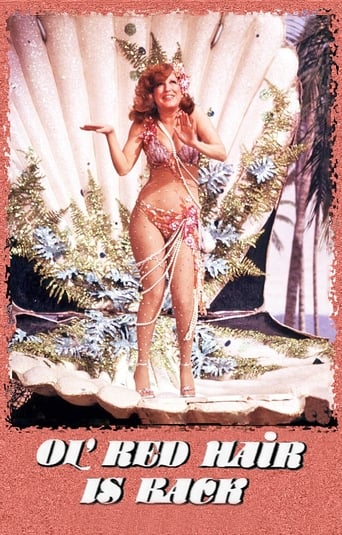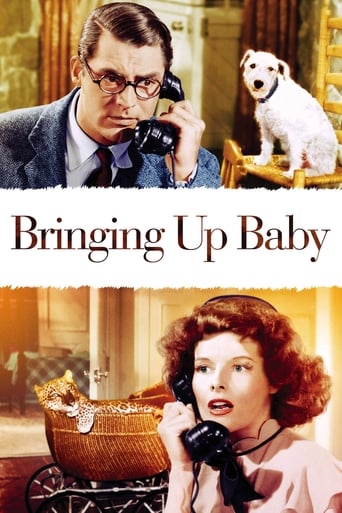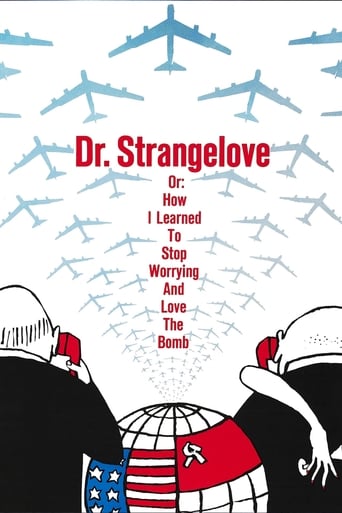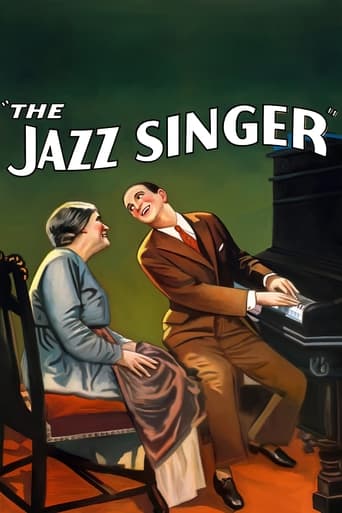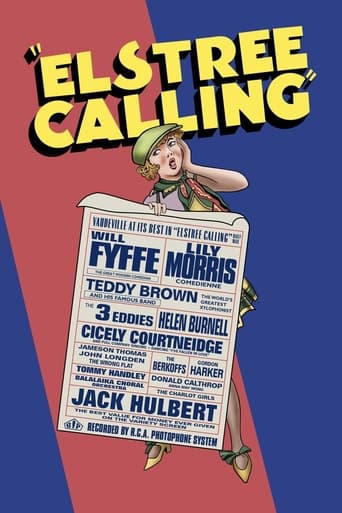
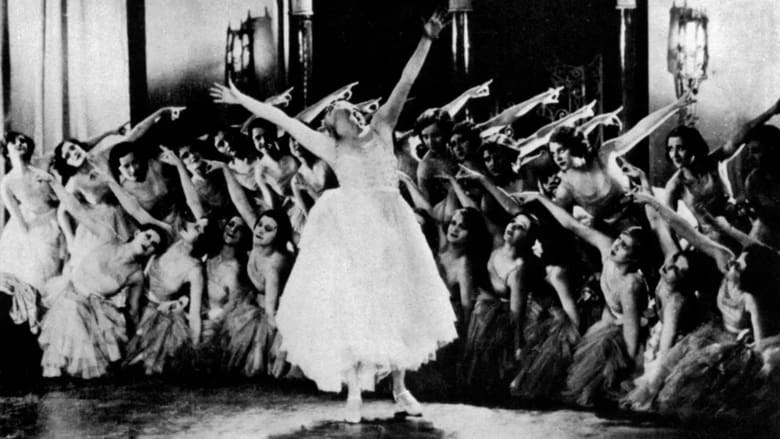
Elstree Calling (1930)
A series of 19 musical and comedy "vaudeville" sketches presented in the form of a live television broadcast hosted by Tommy Handley (as himself).
Watch Trailer
Cast


Similar titles
Reviews
Released in 1930, Elstree Calling was directed by Andre Charlot, Jack Hulbert, Paul Murray, and Alfred Hitchcock. Luckily, too many cooks did not spoil the broth in this case but created a marvelous musical and comedic soufflé. The film is a series of vaudeville-type skits and sketches. Tommy Handley hosts the show. "Think, and having thunk, think again," Handley humorously advises the audience. The sections vary in quality but none are poor. Among the best: Teddy Brown whistling while playing the xylophone; lovely, blonde, and ethereal Helen Burnell in a sparkling sequined gown singing; a sprightly Russian-style song and dance number; Cicely Courtnedge singing an entrancing rendition of I'm Falling In Love; and Jack Hulbert and Helen Burnell in a dynamic duet. One brief sketch is darkly humorous as a man appears to enter a home, shoot the man and woman he "catches" kissing, only to realize, "I'm in the wrong flat!" In one section, bagpipes play while a Scotsman in a kilt sings about how "happiness costs such a lot." It is wonderfully sung but some viewers may be offended by the way it plays on the stereotype of the Scots as stingy.Far more viewers are apt to be offended by the sketches done by "The Three Eddies." The tap dancers are in blackface with white lips, white bowler hats, and white-rimmed round eyeglasses. Their tap dancing is wonderfully skilled but one does not have to be a stickler for "political correctness" to be disturbed by the racist stereotyping in their act. A better note is struck in a skit in which Elstree Calling appears to play with racial (not necessarily racist expectations). In an odd take on The Taming of the Shrew, Anna Mae Wong is the clearly Asian daughter of a white man. Beautiful Wong appears as Katherine in a shiny and revealing outfit. Instead of being "tamed," this "shrew" gets her revenge by throwing cream pies in the faces of all the men around her – including Shakespeare himself!Like many works from past time periods, Elstree Calling sometimes strikes an "off" chord with contemporary audiences. Nevertheless, it is a fast-paced and fun series. One hour and twenty-six minutes long, it never drags but is a very entertaining potpourri of performances.
Ellstree Calling is a delightful revue film for those who can appreciate eras other than their own. Some of the highlights are: The Three Eddies, a top African American tap dance team that made a big success in the U.K.; they dance two numbers in this revue. Two numbers also by Lily Morris are great giggle ("Why Am I Always the Bridesmaid" is gem of character comedy.) Cicely Courtneidge closes the movie in a production number in color, doing an amusing song & eccentric dance. And Donald Calthrop interrupts the proceedings a number of times as an actor willing to do anything to get his moment in the spotlight. A couple of color production numbers are campy at best, but the film's strength is the individual 'turns' by its variety stars. Ellstree Calling was one of the most successful early talkies anywhere in the world: it was translated into 11 languages and made a fortune through the United Kingdom, Australia, New Zealand, South Africa and other British outposts around the globe. -- Frank Cullen American Vaudeville Museum and Vaudeville Times quarterly
I've probably seen this one over a dozen times now and I still love it, but mainly from the standpoint of the music. You have to forget you are a film buff (you are, aren't you?) and think of it as a collection of pop videos from 1930. And the pop ranges from the sublime to the ridiculous: My Heart Is Saying, in colour (?) nicely sung by Helen Burnell but danced atrociously, to Only A Working Man in b&w by the incomparable Lily Morris. Praise the Lord this film was made if only for her two turns, also the Will Fyffe bits and the Cicely Courtneidge end song, I'm Falling In Love. How that one passed the censor at the time I'll never know ... I suppose no one told him!Helen Burnell must have been the dancing inspiration for Jessie Matthews, or did all Show People dance like hippos pretending to be trees in the 20's? I've always loved the work of Jack Hulbert, mainly for his innocent British enthusiasm (and songs), but I'm afraid that he looked like a manic bus conductor in his one dance scene. Rotund Teddy Brown was marvellous to listen to - until he started telling jokes; The 3 Eddies - ah! Can you just imagine them walking on stage and launching into their high powered act nowadays? Horrified silence would follow, but how times and tastes have changed. The song Ladies Maids Always In The Know sung and danced to by the Charlot Girls would likewise be incomprehensible to nearly everyone too.The glue that 'holds' all this and more together is supplied by Gordon Harker trying to get a picture of it all on his TV and Tommy Handley as TV linkman, with some surprisingly flat gags for a change. A running gag is supplied by Donald Calthrop attempting to perform Shakespeare; Anna May Wong puts him in his place - have you ever seen 'Taming of the shrew' with a massive custard pie fight or with a circling riderless motorcycle being whipped?If you're going to watch this for the Hitchcock bits and are unmusical you won't like it, but if you can open your ears and hearts to these fine personalities from a bygone age then like me you may get something like innocent merriment from Elstree Calling.
Is it worth it to buy this movie? To a Hitchcock fanatic like myself (Vic Evans)I would say "Yes!" but to any person other than a movie historian I would say "Forget it!"It is a collection of skits and songs with a bit of comedy in the form of a London stage musical and comedy "Vaudeville" revue. Revues like this one have been done on the London stage from time to time since Vaudeville days. I remember seeing one in London in 1974 called "Carry On London" with Sid James and many other members of the "Carry On" movie comedy crew."Elstree Calling" (1930) is presented in the form of a very early live TV broadcast hosted by Tommy Handley. You also see a family attempting to tune into this program. Every so often between skits, you see how they are making out. They experience great difficulty throughout the show. The picture comes and goes as they attempt to adjust the set. The TV set even blows up and is later repaired. By the end of the presentation, the reception finally is restored and the program ends. The problems with this new medium (television) is one of the running jokes.To the audiences of today it is of little interest. The singing, dancing and comedy is standard for this type of English variety show of the day but terrible by today's standards. For dancing, think of "The Pleasure Garden" as a comparison. Those familiar with Hitchcock's work may remember "Mr. Memory" from "The Thirty-Nine Steps". The music hall in that film is a similar setting. Alfred Hitchcock said to Francois Truffaut about this film - `Not good.'There is little evidence of Hitchcock except perhaps for a short scene about a murder of the "wrong man". You should recognise the Hitchcock touch in it.While I don't think anyone knows for sure, I have read that Alfred Hitchcock may have been responsible for the TV broadcast/TV viewing family framework that links the skits together and a running gag with Donald Calthrop attempting to recite Shakespeare periodically throughout the broadcast.Best wishes,Vic Evans (marmalade_man [NOSPAM] at yahoo.com


